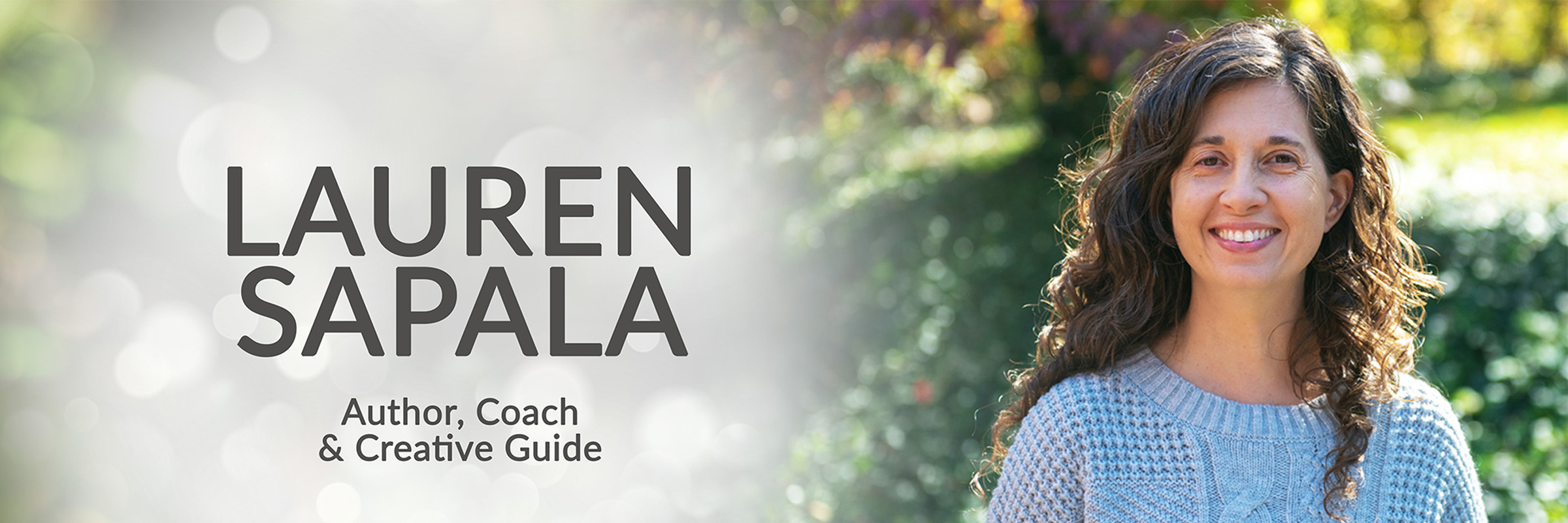
Writer’s block comes in many different forms, but two of the most common types are procrastination and perfectionism. All writers struggle with one or both at some time during their writing life, but some writers struggle more than most, to the point where one or both of these conditions feels utterly paralyzing and the writer never finishes (or even starts) any creative project, ever.
For the writers who struggle with severe procrastination, or severe perfectionism, they also experience a sickening feeling of shame that accompanies the writer’s block that’s causing them so much trouble. They assume that they’re not motivated enough, or that they need to try harder, or “just get over it.” However, if the procrastination or perfectionism is of the severe type (and not just experienced occasionally or fleetingly), then the roots of the block go much deeper than most writers suspect. Continue Reading



